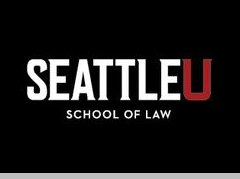Abstract
As generative AI that can perform almost any intellectual task a human could, is already a game changer in miscellaneous aspects of modern life, determining its authorship, ownership, and accountability is critical.
The axiom held by current American law that human creativity is “the sine qua non at the core of copyrightability”, has very little to do neither with legal history nor with the current state of the law regarding the perception of legal agency as equal human personhood. Likewise, If the human factor is so essential to copyrightability, it should follow that the relevant legislation should state that principle. Strangely enough – it does not. Hence, penumbral thinking in both the constitutional and the statutory arenas lies at the bottom of denying authorship to generative AI.
Penumbral thinking, being “the shadow of the law” versus copyright law, titled “a law with no shadow,” due to its binary perceptions of copyrightability, leaves the concept of authorship caught at a crossfire between the two. Static models that vest pre-fixed ownership in one component of the AI value chain, ignore the causation dilemma inherent in generative AI technological mechanisms.
Likewise, a rights-based approach that correlates with ownership is not sufficient in terms of a risk-based approach that correlates with accountability, and vice versa. Hence, the advocacy for a flexible model that takes into account the chameleonic shifts of risks and rights of generative AI, while using spectral thinking regarding both. Thus, better benefiting the public good than pride and prejudice.
Recommended Citation
Moldawer, Mira
(2024)
"The Shadow of the Law Versus a Law With No Shadow: Pride and Prejudice in Exchange for Generative AI Authorship,"
Seattle Journal of Technology, Environmental & Innovation Law: Vol. 14:
Iss.
2, Article 5.
Available at:
https://digitalcommons.law.seattleu.edu/sjteil/vol14/iss2/5

